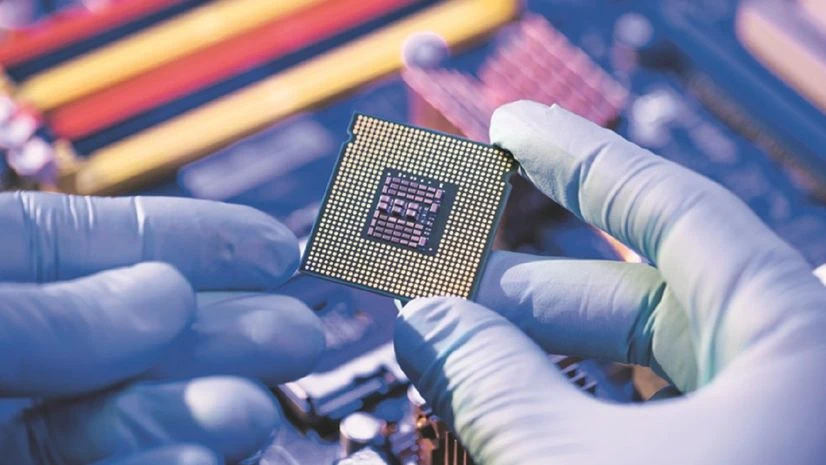Tata Electronics is expanding its semiconductor manufacturing capabilities in India by building two new fabrication plants in Dholera, Gujarat. This move aims to strengthen the domestic chip ecosystem and meet the increasing global demand for semiconductors. The first fab is under construction and set to start production in 2026, focusing on essential chips for various industries, including automotive and artificial intelligence. The total investment for this phase is about Rs 91,000 crore, in collaboration with Taiwan’s Powerchip Semiconductor Manufacturing Corporation. Additionally, Tata is developing a Rs 27,000 crore assembly unit in Assam that will produce 48 million chips daily, further solidifying its presence in the semiconductor Market.
Tata Electronics is gearing up for a major expansion in the semiconductor industry with plans to build two more fabrication plants, known as fabs, in Dholera, Gujarat. This initiative is part of Tata’s strategy to create a strong domestic chip manufacturing ecosystem to meet rising international demand.
The first fab, currently under construction, is set to focus on manufacturing chips essential for power management, display drivers, and high-performance computing. Construction kicked off in March this year at the Dholera Special Investment Region, with production anticipated to start in 2026. The facility aims to produce up to 50,000 wafers per month at its peak, catering to key sectors including automotive and artificial intelligence.
The first phase of this ambitious project, which costs around Rs 91,000 crore, is being developed in collaboration with Taiwan’s Powerchip Semiconductor Manufacturing Corporation. Meanwhile, the additional fabs may be built within the next five to seven years, although it remains uncertain if Tata will partner with PSMC again for these units.
Tata Electronics is also developing a significant assembly and testing unit in Jagiroad, Assam, with plans to start high-volume production by mid-2025. This facility will cater to a variety of technologies, expanding Tata’s footprint in the fast-evolving semiconductor Market.
With these developments, Tata aims to position itself as a pivotal player in the global semiconductor landscape, while also ensuring a robust supply chain by collaborating with various partners across the industry.
Tags: Tata Electronics, semiconductor manufacturing, Dholera, Gujarat, chip production, Assam, semiconductor industry, Powerchip Semiconductor Manufacturing Corporation, AI technology, automotive chips.
-
What is Tata Electronics planning to do in Gujarat?
Tata Electronics plans to build two semiconductor manufacturing factories, called fabs, in Gujarat. -
Why are semiconductors important?
Semiconductors are essential for many devices, including smartphones, computers, and cars, as they help control electrical signals. -
How will this project benefit the local economy?
The project will create jobs and help boost local businesses in Gujarat by attracting more investment and technology. -
When is this project expected to start?
While specific dates may vary, the company aims to start the construction of the fabs soon to begin production in the near future. - Will this project help India become more self-sufficient in technology?
Yes, building these semiconductor fabs will help India reduce its reliance on imported semiconductors and strengthen its tech industry.
)





